Indoor cats are beloved companions who rely on us entirely for their health and happiness. Unlike their outdoor counterparts, indoor cats have limited access to the diverse food sources that nature provides. This makes a carefully curated diet even more essential for their well-being. While choosing the right foods might seem daunting, understanding feline nutritional needs can help pet owners make informed decisions. This guide explores the best diets for maintaining the health and happiness of indoor cats, offering insight into their unique requirements and preferences.
Understanding Feline Nutritional Needs

Cats are obligate carnivores, which means their diet must consist primarily of meat. This necessity arises from their evolutionary path, which has shaped their metabolism to thrive on animal proteins and fats. Unlike humans and some other animals, cats require specific nutrients such as taurine, arachidonic acid, vitamin A, and vitamin D, which are naturally found in meat. Ensuring that an indoor cat’s diet is rich in these essential nutrients is critical to maintaining their overall health.
The Role of Protein in a Cat’s Diet
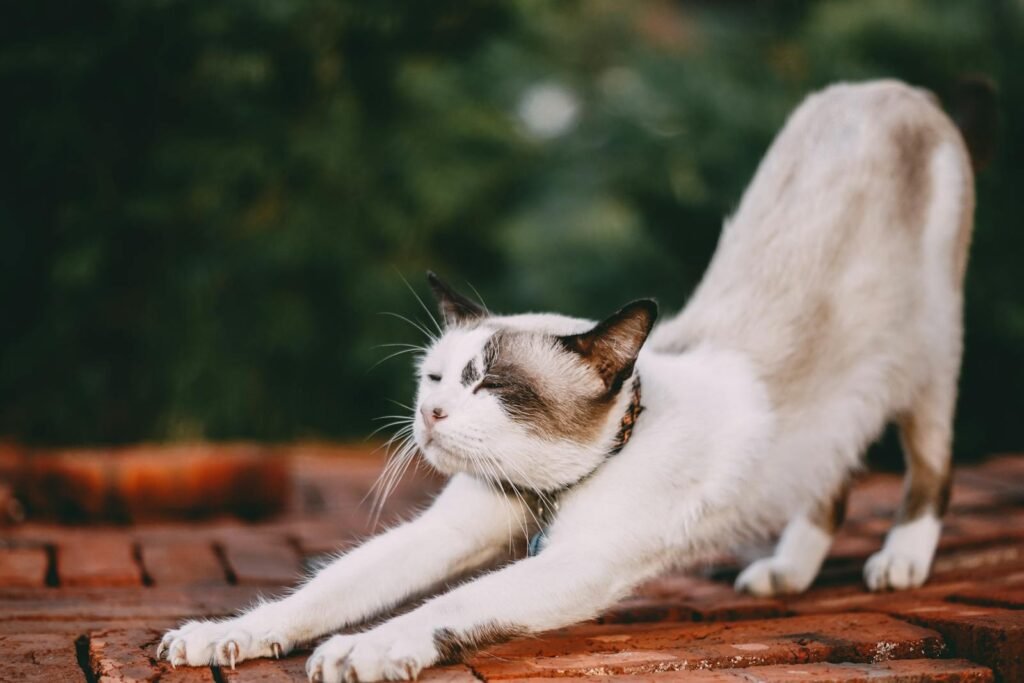
Protein is the cornerstone of a healthy feline diet. Indoor cats need a diet high in quality animal protein to support their lean muscle mass and keep them energetic and playful. Proteins from sources like chicken, turkey, fish, and beef are excellent choices. Look for cat foods that list a specific type of meat as the first ingredient to ensure that your cat receives the protein they need.
The Importance of Hydration

Hydration plays a vital role in keeping indoor cats healthy, but many cats do not naturally drink enough water. Cats in the wild get much of their moisture from their prey, and indoor cats can benefit from diets that mimic this hydration strategy. Offering wet food in addition to dry kibble, or even opting for a solely wet food diet, can help increase fluid intake and promote a healthy urinary tract.
Balancing Carbohydrates and Fats
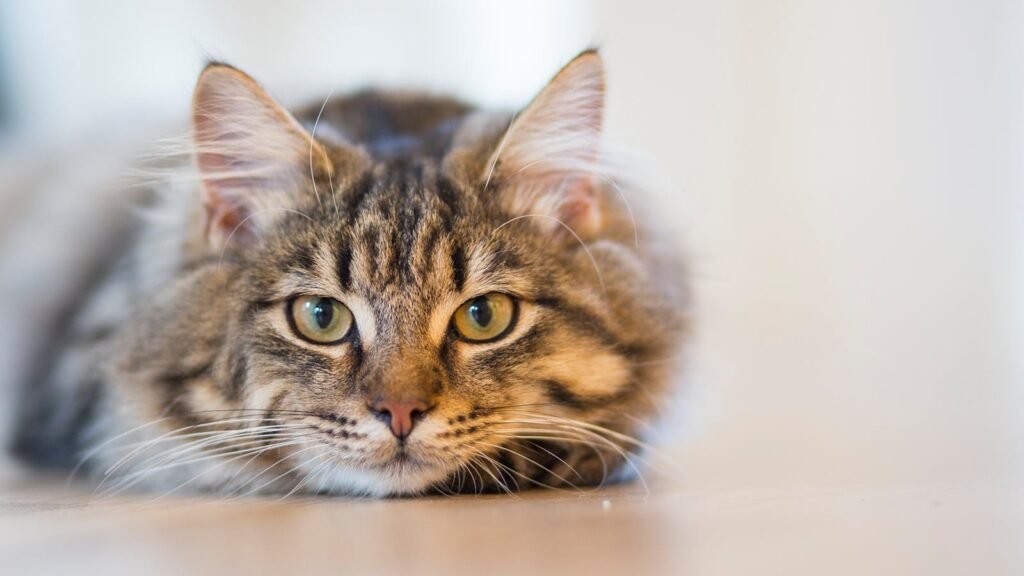
While proteins are critical, fats provide the concentrated source of energy that cats need. Healthy fats support a sleek, shiny coat and can improve cognitive function. However, it’s essential to balance fats with carbohydrates, which cats require in minimal amounts. Avoiding high-carb diets is crucial, as they can lead to obesity and related health issues. A moderate-fat, low-carb diet is often ideal for an indoor cat.
The Grain-Free Debate

Grain-free diets have become popular for both cats and dogs, but the science behind these choices isn’t always clear-cut. While some cats might have sensitivities to certain grains, others can digest them without issue. The primary focus should remain on ensuring high protein content and appropriate nutrient balance, rather than eliminating grains entirely unless recommended by a veterinarian for specific dietary reasons.
The Benefits of Incorporating Variety
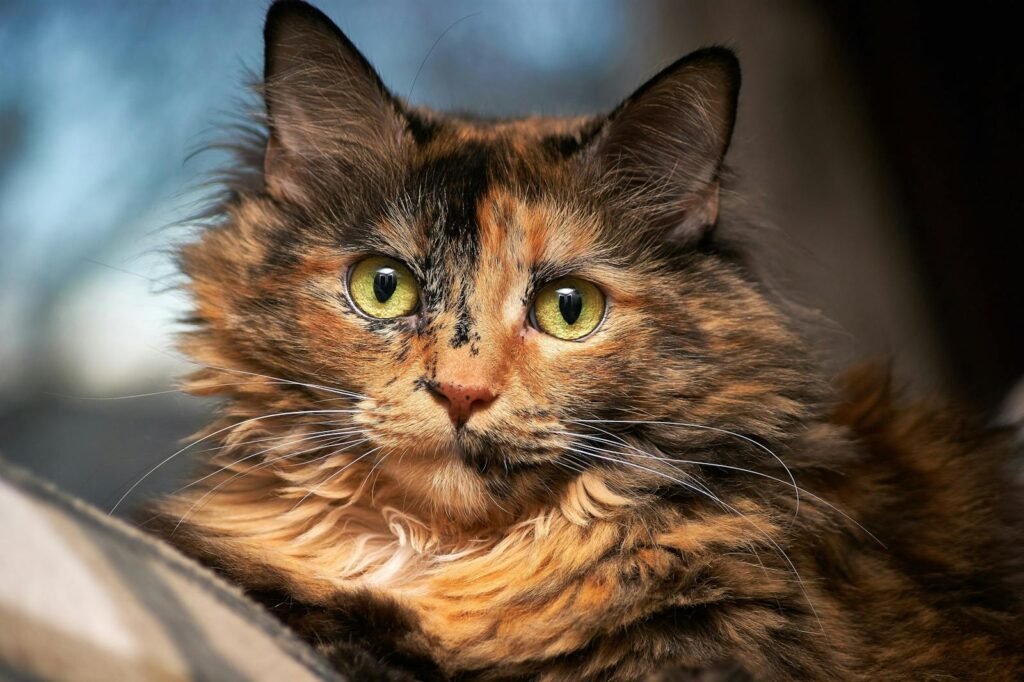
Incorporating a variety of foods can prevent nutritional gaps and keep meal times exciting for your feline friend. Offering a mix of different protein sources and textures can make a significant difference. However, any changes to a cat’s diet should be introduced gradually to prevent digestive upset. Experimenting with new flavors and textures can also help ensure that your cat consumes a well-rounded diet.
Portion Control for Weight Management
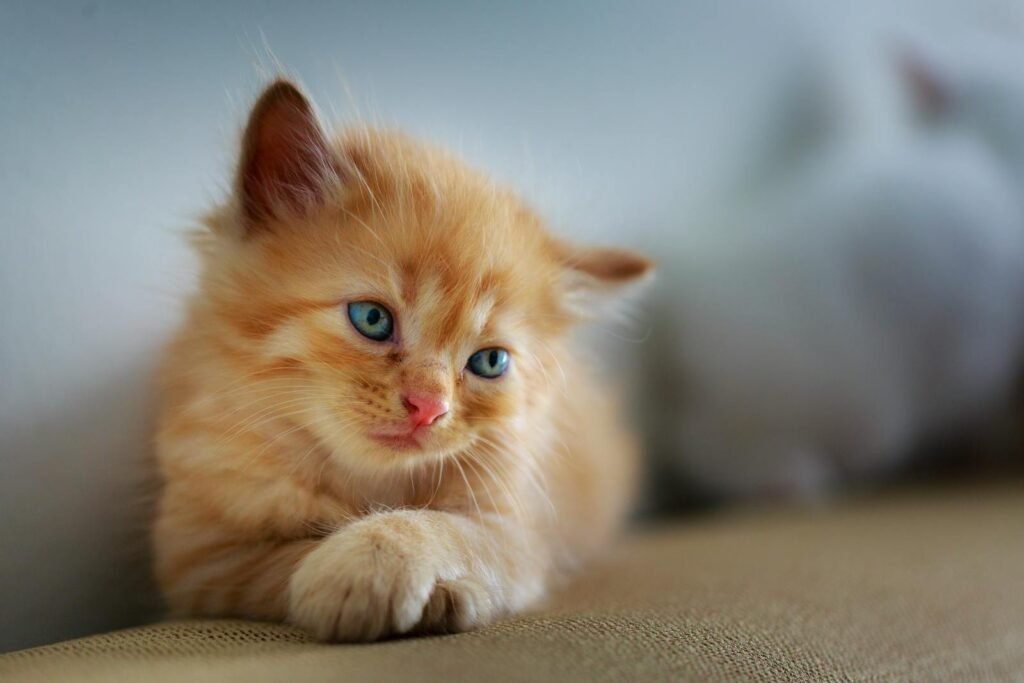
Indoor cats have a higher risk of becoming overweight due to their sedentary lifestyle. Proper portion control is essential to prevent obesity and its associated health issues, such as diabetes and joint problems. Using measuring cups or a kitchen scale can help ensure that your cat receives the right amount of food based on their age, weight, and activity level.
Ensuring a Balanced Mineral Intake
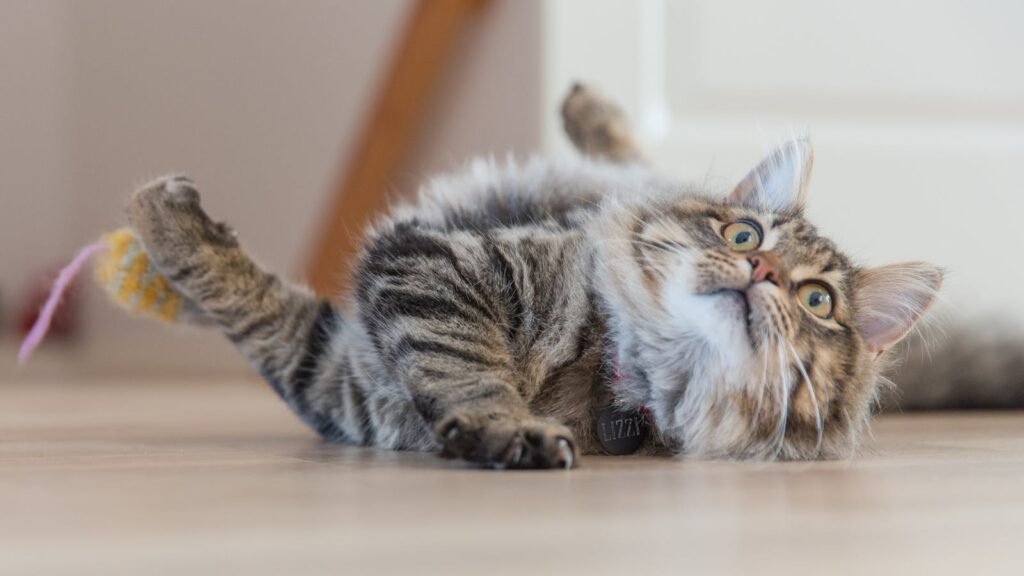
Minerals such as calcium, phosphorus, and magnesium are crucial for maintaining robust bones, teeth, and overall health. An imbalance, however, can lead to health issues like urinary tract infections or kidney disease. Most commercial cat foods are formulated to provide a balanced mineral composition, but it’s always worth discussing your pet’s specific needs with your vet.
Considering Special Diets for Health Concerns

Cats with certain health conditions may require special diets. For instance, a cat with kidney disease might benefit from a diet lower in phosphorus, while a feline with allergies might need a hypoallergenic formula. Veterinary guidance is crucial when choosing or modifying a diet to address specific health concerns. Tailoring a diet to a cat’s particular health needs can lead to a longer, healthier life.
The Importance of Quality over Quantity
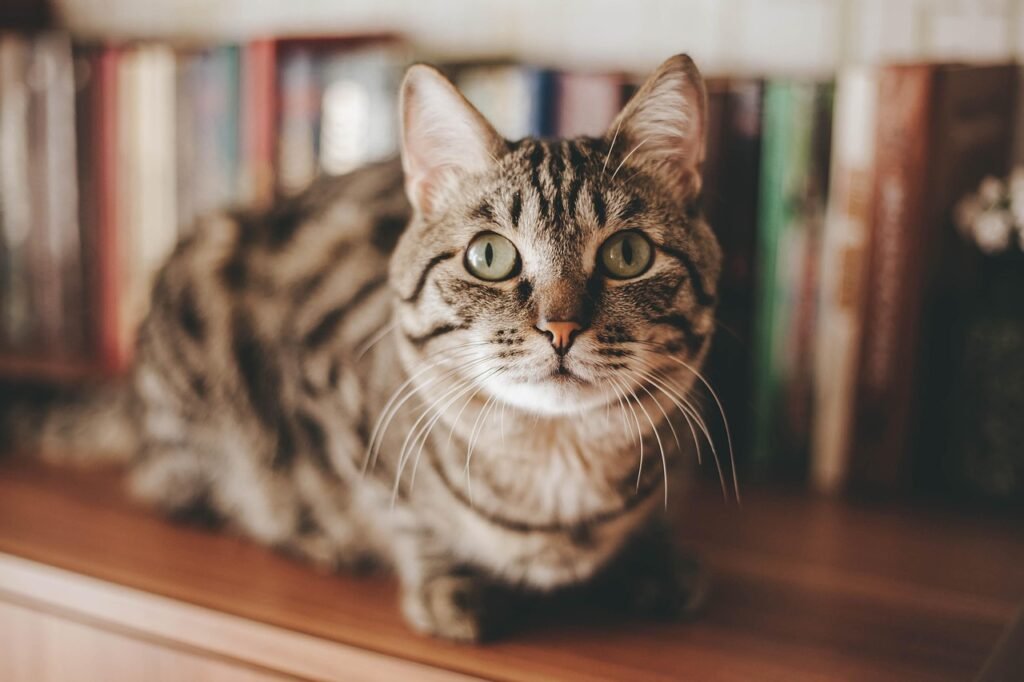
When it comes to feeding your indoor cat, quality trumps quantity. Investing in high-quality cat food can make a substantial difference in your pet’s health and happiness. Premium diets often use better ingredients which can lead to better overall health for your cat. Don’t be swayed by marketing gimmicks; instead, focus on the nutritional content and the reputation of the brand.
Reading Ingredient Labels
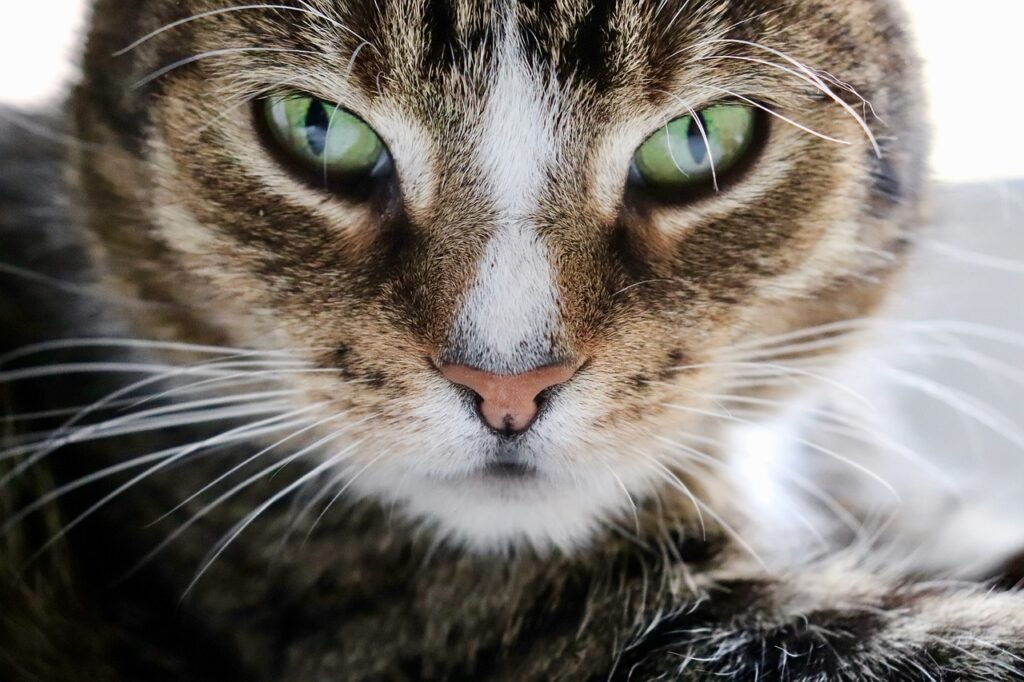
The ability to read and understand ingredient labels is crucial when selecting the right food. The first five ingredients often reflect the main components of the food, and ideally, they should mostly consist of recognizable animal proteins. Additives like artificial colors or excessive fillers should be viewed with skepticism, as they can be detrimental to your cat’s health.
Stay Informed on Recalls and Research
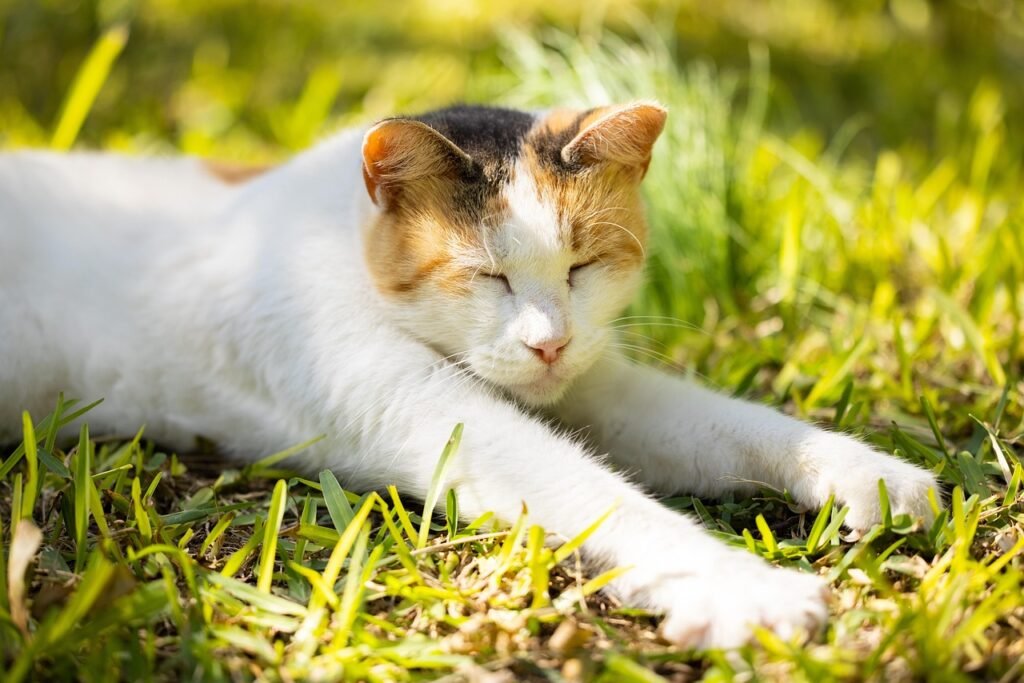
Staying updated on pet food recalls and the latest research ensures that you provide your cat with the safest and most effective diet. The pet food industry is continually evolving, and new insights can lead to better dietary choices. Vigilance and adaptability are key to maintaining the health and happiness of your indoor cat.
The Role of Treats in a Cat’s Diet
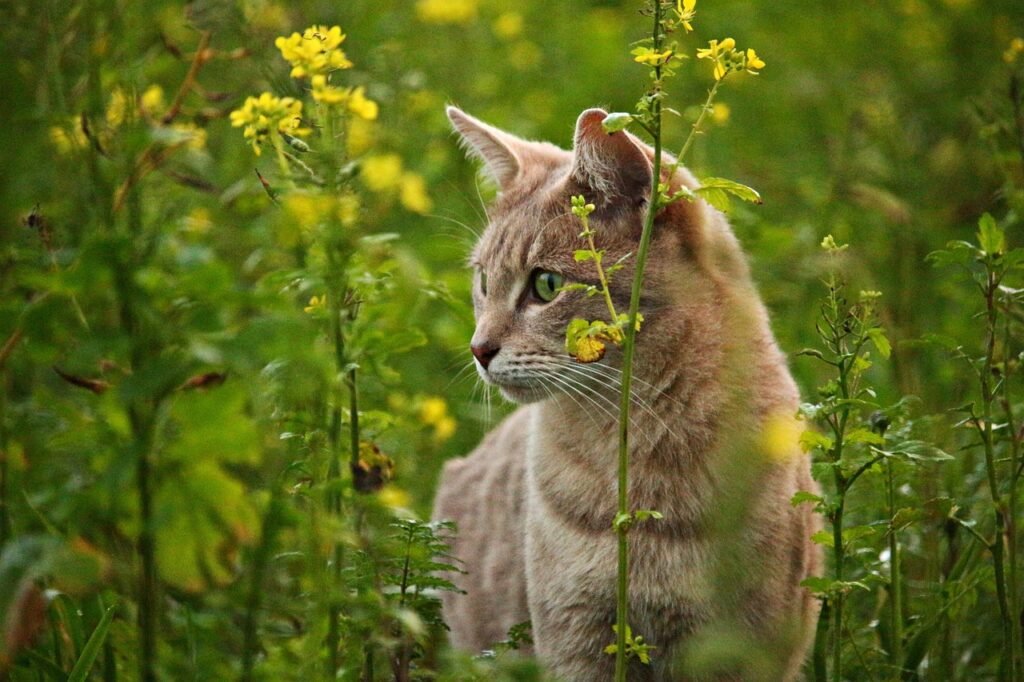
Treats can be a delightful addition to your cat’s dietary routine but should be given in moderation. Choosing healthy, nutritious treats can reinforce positive behavior and contribute to your cat’s overall dietary balance. It’s essential to ensure that treats don’t make up more than 10% of your cat’s daily caloric intake to avoid weight gain and nutritional imbalance.
Conclusion: Tailoring the Perfect Diet
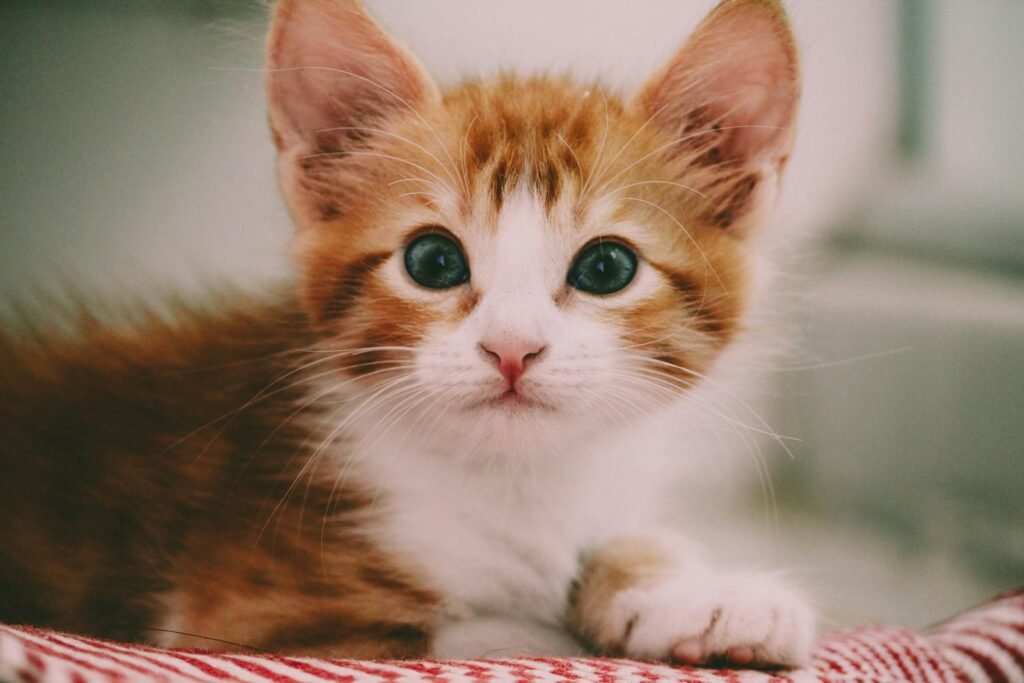
Crafting the perfect diet for an indoor cat hinges on understanding and meeting their unique nutritional needs. By focusing on high-quality proteins, ensuring adequate hydration, and maintaining a balance of essential nutrients, cat owners can nourish their feline friends effectively. It’s crucial to consider portion control and regularly consult with a veterinarian to tailor a diet that addresses your cat’s specific health needs. Ultimately, an informed approach to feeding can lead to a healthier, happier indoor cat, ensuring that your furry companion enjoys a long and fulfilling life.






